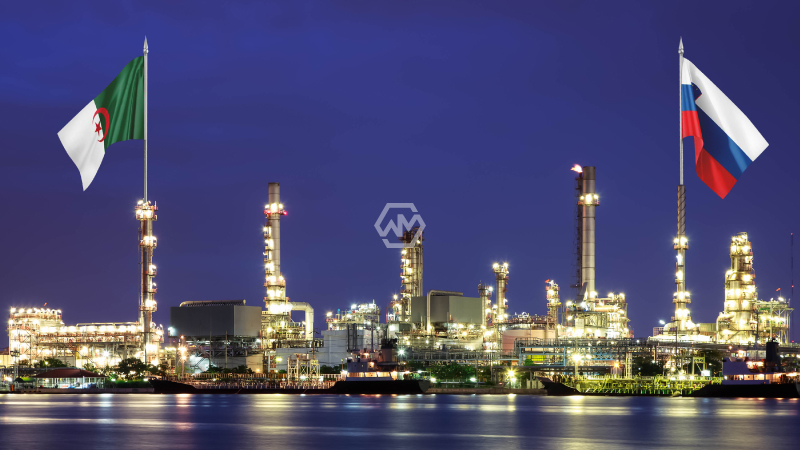Slovenia gas provider Geoplin will sign a flammable gas supply contract with Algeria’s state-possessed energy organization Sonatrach on Tuesday, the Slovenian Press Office (STA) detailed.
The three-year contract incorporates the acquisition of around 300 million cubic meters of petroleum gas each year, which is about 33% of Slovenia’s ongoing yearly utilization, STA said.
Slovenia and Algeria Gas Contract
Europe is amidst its most awful energy emergency after Russia, the district’s greatest gaseous petrol provider, diminished sends out forcefully in light of EU sanctions over its tactical hostility in Ukraine.
Russia supplies a large portion of Slovenia’s gaseous petrol, which represents 12% of the general energy blend. The EU part state depends for the most part on hydroelectric, warm, and atomic power sources to meet its power necessities.
In 2018, Geoplin marked a five-year flammable gas supply contract with Gazprom to import 600 mcm of Russian petroleum gas each year.
Be that as it may, Russia’s attack on Ukraine has constrained Slovenia to reexamine its energy strategy and look for substitute sources like condensed gaseous petrol (LNG).
Algeria, an individual from Opec, depends intensely on oil and gas, which represented 19% of Gross domestic product, 93% of item trades, and 38 percent of spending plan income somewhere in the range of 2016 and 2021, the World Bank said.
- Three years gas contract was signed between Slovenia and Algeria.
- The Algerian gas will be shipped to Slovenia using a pipeline going through Tunisia and Italy.
- Algeria is Africa’s greatest gas exporter and supplies around 11% of the flammable gas consumed in Europe.
Europe could confront a deficiency of as much as 30 billion cubic meters of flammable gas in 2023 if Russian supplies stop and request from China recuperates, the Global Energy Organization said in a report this month.
Gas capacity destinations in the EU are presently 95% full, however, the pad given by current capacity levels, as well as ongoing lower gas costs and gentle temperatures, shouldn’t prompt “excessively hopeful” decisions about the future, the organization said.
After hitting record highs in the late spring, Europe’s petroleum gas costs have dropped lately because of a gentle winter and high gas stockpiling levels.
European gas fates dropped as low as €93.35 ($91.32) each megawatt hour last month, the most minimal since mid-June.
Russia has cautioned it could stop Europe’s energy supply on the off chance that a proposed cost cap by the Gathering of Seven nations, known as the G7, is established one month from now.
Energy markets will enter one more period of vulnerability once an EU restriction on Russian unrefined happens on December 5. A prohibition on Russian oil items will initiate on February 5.



